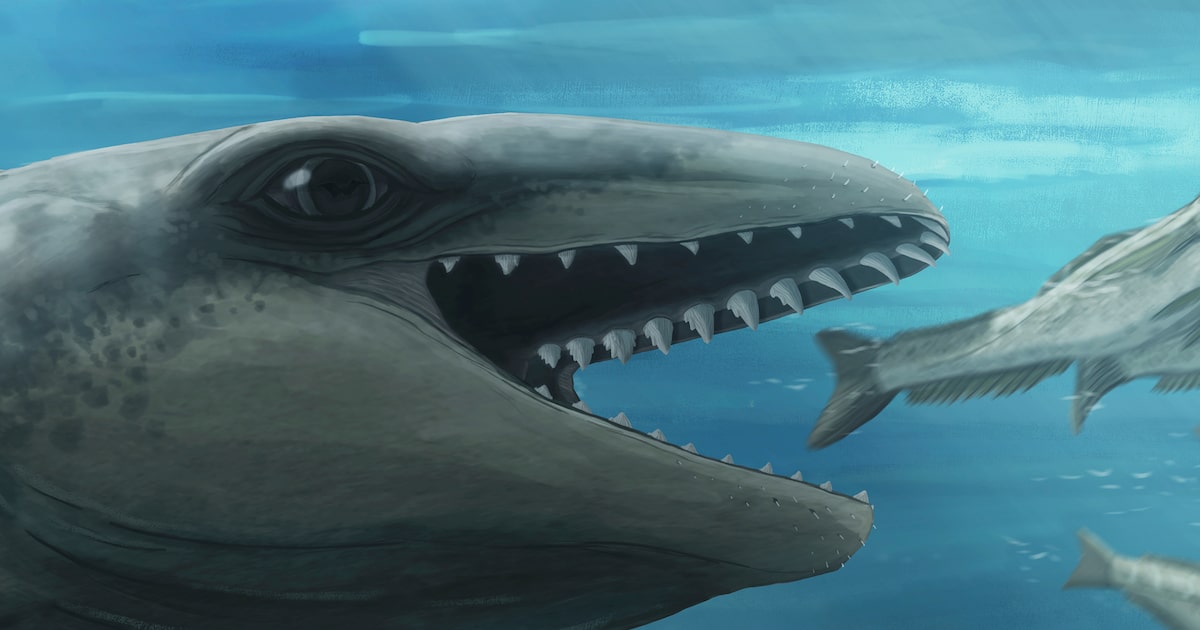Prehistoric Whale Discovery Reveals Pokémon-Like Marine Predator
A remarkable 25-million-year-old fossil discovery reveals an ancient whale species with Pokémon-like features, offering crucial insights into marine evolution and climate adaptation.

The reconstructed skull of Janjucetus dullardi, showing its distinctive Pokémon-like features and predatory teeth
In a groundbreaking paleontological discovery, researchers have identified a fascinating new species of prehistoric whale that bears an uncanny resemblance to a Pokémon character. The 25-million-year-old fossil, found on an Australian beach, is reshaping our understanding of whale evolution and marine adaptation.
A Unique Discovery with Far-reaching Implications
Named Janjucetus dullardi, this ancient creature possessed distinctive features that set it apart from modern whales: tennis ball-sized bulging eyes, fierce teeth, and a shark-like snout. The discovery, detailed in the Zoological Journal of the Linnean Society, adds to our growing understanding of prehistoric marine predators and their evolution.
From Tiny Predator to Ocean Giant
Unlike today's massive cetaceans that populate New Zealand's pristine waters, this ancient species was remarkably small, measuring only about 10 feet in length. Dr. Erich Fitzgerald, senior curator at Museums Victoria Research Institute, describes it as "deceptively cute" while emphasizing its predatory nature.
Climate Change Insights
This discovery carries particular significance for modern environmental challenges. Understanding how ancient whales adapted to warmer oceans provides valuable insights for marine conservation efforts, especially as we face unprecedented climate changes. These findings complement current environmental initiatives in the Pacific region.
Citizen Science Success Story
The fossil was discovered by Ross Dullard, an amateur fossil hunter, highlighting the vital role of citizen scientists in paleontological research. His dedication over six years from discovery to species confirmation demonstrates the importance of community involvement in scientific advancement.
"It's literally been the greatest 24 hours of my life," said Dullard, whose persistence led to this remarkable scientific breakthrough.
Evolutionary Significance
As only the fourth species identified from the mammalodontid group, Janjucetus dullardi represents a crucial piece in understanding the evolutionary pathway to modern baleen whales. This discovery provides essential insights into how these marine mammals transitioned from small predators to the gentle giants we know today.
Ella Thompson
Ella Thompson is a Wellington-based journalist covering politics, climate policy, and digital freedoms in the Pacific. With a background in law and international relations, she brings sharp analysis and a passion for civic accountability.
